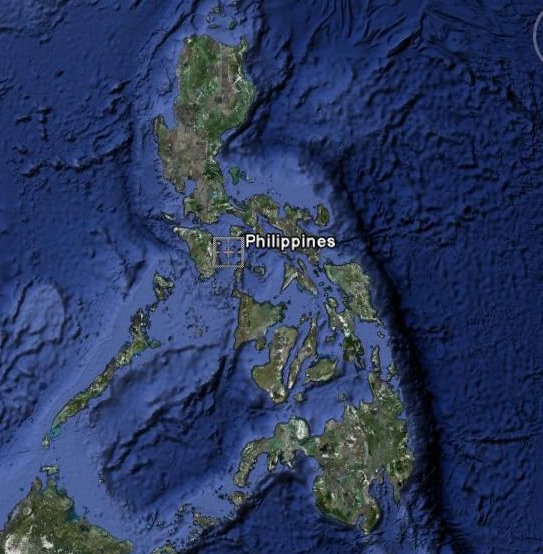Chironex Captured in the Gulf of Thailand
If it was a Great White Shark there would be fear and panic. If it was a ruthless pirate there would be shock and horror. If it was a deadly algal bloom there would be alarm and trepidation. But there was not a ripple, not a murmur, not a blink when the planet's most venomous animal responsible for an estimated 100-200 human deaths in South-East Asia every year was officially for the first time captured on a tourist beach in the Gulf of Thailand.
Sharks account for around 5 deaths worldwide a year. Piracy leads to approximately 15 deaths worldwide. Harmful algae contaminates shellfish and fish with the toxins killing a handful of people every year. Yet, an animal that allegedly kills 100s of innocent victims in a matter of seconds with the most lethal and fast-acting venom known to humankind is more or less dismissed.
The Chironex Fleckeri Box Jellyfish is the Australian chirodropid with the bad reputation and it has relatives that are equally infamous spread around the Indo-Pacific - a photo of its Thai cousin features in this blog. Up until now the Thai Chironex had not been caught. Well not knowingly or officially at least. No-one in an official capacity had caught one yet no-one in an official capacity knew how to catch one with the right knowledge, right equipment or right techniques. Clearly, they're out there as the type and number of stings testify but proof in the physical form had not been achieved.
Within the first phase of dragging nets at a tourist beach at Koh Mak a Chironex type Box Jellyfish was captured and formally identified. It didn't take long. In fact, it was so easy that it makes you wonder how a catch and identification had not previously occurred.
The significance of this catch can not be denied. Many in the Thai government, many in the tourism and hospitality industries and many ex-pats keen to keep Thailand 'same same' have refused to accept that this lethal marine stinger exists in their own backyard. And, many even in the medical and scientific areas do not believe that this animal is venomous enough to kill, rather, its victim is physiologically flawed and suffers a fatal allergic reaction when stung. Wrong!
It is time for everyone to face the truth. A sample of a Chironex-type Box Jellyfish has been collected in Thailand. Strong scientific evidence conducted over decades in countries like Australia that is universally accepted as true proves that a Chironex-type Box Jellyfish has highly lethal venom that kills humans in a matter of seconds. Thailand and the region have a history of fatal and near fatal jellyfish envenomations proven by experts to be caused by the stings of Chironex-type Box Jellyfish.
The next step is to determine where they are exactly, how many there are, patterns of behaviour and other indicators that can help implement an effective plan of safety and awareness. If you go for a swim or a snorkel or a dive in Thailand would you rather be informed if there is a risk present and, if so, be advised how to prevent or treat stings should they occur, or would you rather be left in the dark?
Bet you you'd like to know if there was Great White Shark just off the shore, if there was a cut-throat pirate in your longtail boat, or if your fish curry was spiced with poison!




Comments
Post a Comment